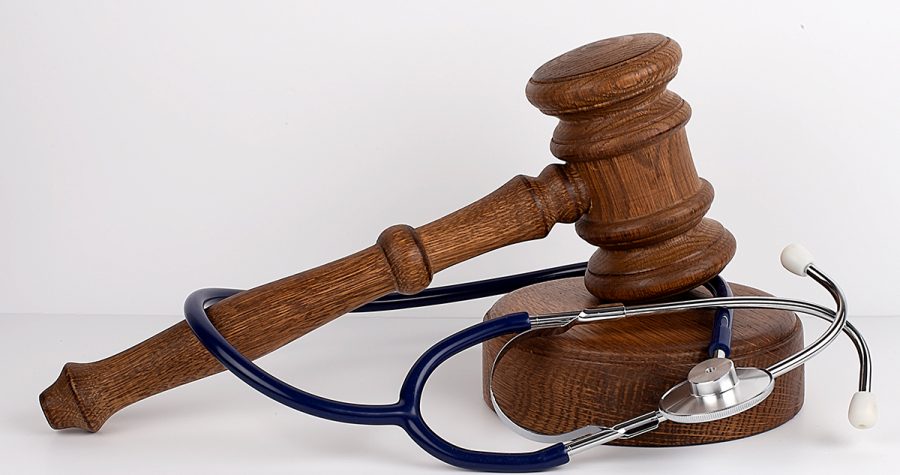What are the Steps in a Personal Injury Lawsuit?
The first thing you should definitely do is seek medical help. Not only is this something you should do for your health, but otherwise the jury will consider your injuries less serious.
Continue Reading


Recent Comments